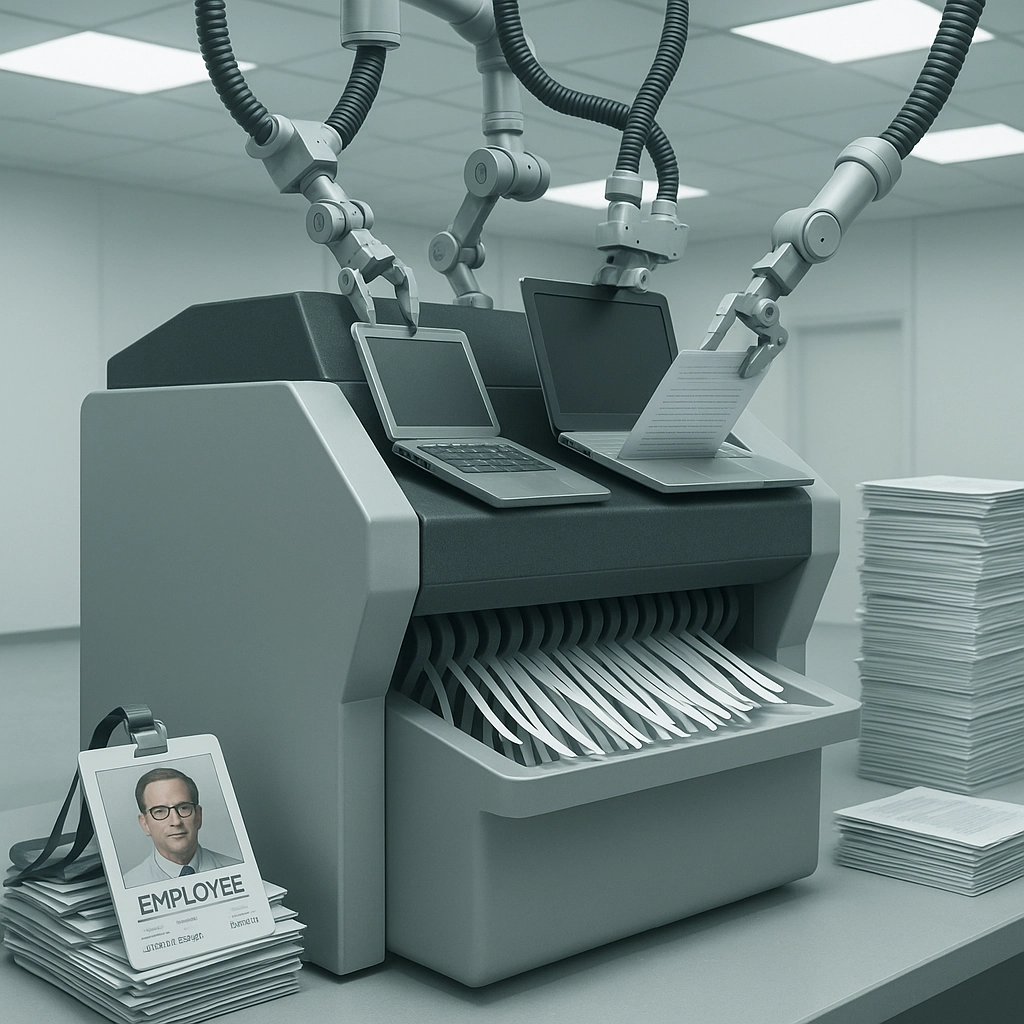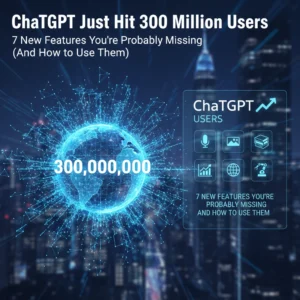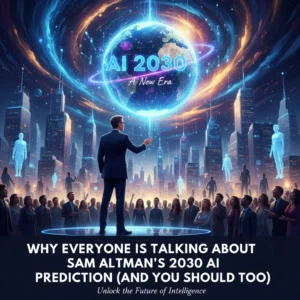When AI “Efficiency” Means Pink Slips
Are those AI-powered “efficiency gains” everyone’s boasting about just a polite way to say, “We’re letting people go”? In 2025, that’s exactly what it’s started to look like. The nice-sounding headlines about AI boosting productivity? They hide a very messy truth: U.S. companies have cut over 10,000 jobs this year citing automation as the reason, and it’s not just warehouse gigs—it's white-collar, college-educated workers in their twenties feeling the sting.
The result? Tech layoffs have shifted from a Wall Street headline to a real-life reality check for new grads and mid-career professionals. The idea of working your way up is now, for many, a game of musical chairs—and somebody keeps removing seats.

CEOs Face a Massive Moral Quandary
Put yourself in a CEO’s shoes: The competition is using AI, slashing costs, and reporting record productivity. If you don’t keep up, you risk being written off as “behind the curve.” But what if “keeping up” means letting go of people you were shaking hands with just months ago?
Smaller business heads—friendly, handshake kind of folks—say they’re losing sleep as they cut familiar faces. For big corporations, it’s a different flavor of stress: How do you tell your board (and the public) that you’re letting thousands go, not because of poor performance, but because an AI does it faster and cheaper?
Nvidia’s CEO warned, “If the world runs out of ideas, then productivity gains translate to job loss.” That’s what's happening. More automation, less room for humans.
Here’s what CEOs are saying these days:
- “AI will reduce our total corporate workforce as we get efficiency gains.” – Amazon CEO Andy Jassy
- “No more new hires if AI can do the job.” – Shopify CEO Tobi Lütke
- (Paraphrased) "Layoffs will keep happening if companies can’t innovate fast enough to stay ahead of AI." – Nvidia’s Jensen Huang
It’s not just theory; it’s practice. That brings us to…
The Numbers Tell a Tough Story
Let’s get specific. In 2025 alone:
- Microsoft axed 9,000 people in July.
- Intel let go of nearly 24,000 (almost 1 in 5 jobs gone).
- India’s TCS cut 12,000.
- A massive reshuffle hit Amazon’s teams, and other companies are using “AI fluency” as new hiring criteria—code for “We’ll hire fewer people, and they better know how to manage AI.”
And it’s not just layoffs. At places like Google, AI is now writing a third of all new code; at Salesforce, AI manages about half of all the daily work. McKinsey’s junior roles are disappearing, replaced by AI “agents.”
The message? If your job is predictable or entry-level, you may be on thin ice.

What Jobs Are Actually at Risk?
Spoiler: It’s not just tech support and data entry anymore.
The most vulnerable roles include:
- Human resources specialists
- Customer service reps
- Content writers and editors
- Financial analysts
- Junior marketing coordinators
- Accounting clerks
Any job with repeatable tasks is a target—especially if robots can learn it after reading a manual. Anthropic CEO Dario Amodei thinks half of entry-level office jobs could disappear by 2030, bringing unemployment rates up to 20% for white-collar fields.
Quick reality check:
- Companies aren’t just “trimming fat.” They’re slicing away entire departments and rebuilding with smaller, AI-literate teams.
- Some are now only posting new jobs if it’s clear AI can’t do the work.
- Even “safe” fields like graphic design and law are seeing junior workers replaced—AI drafts briefs and designs 24/7.
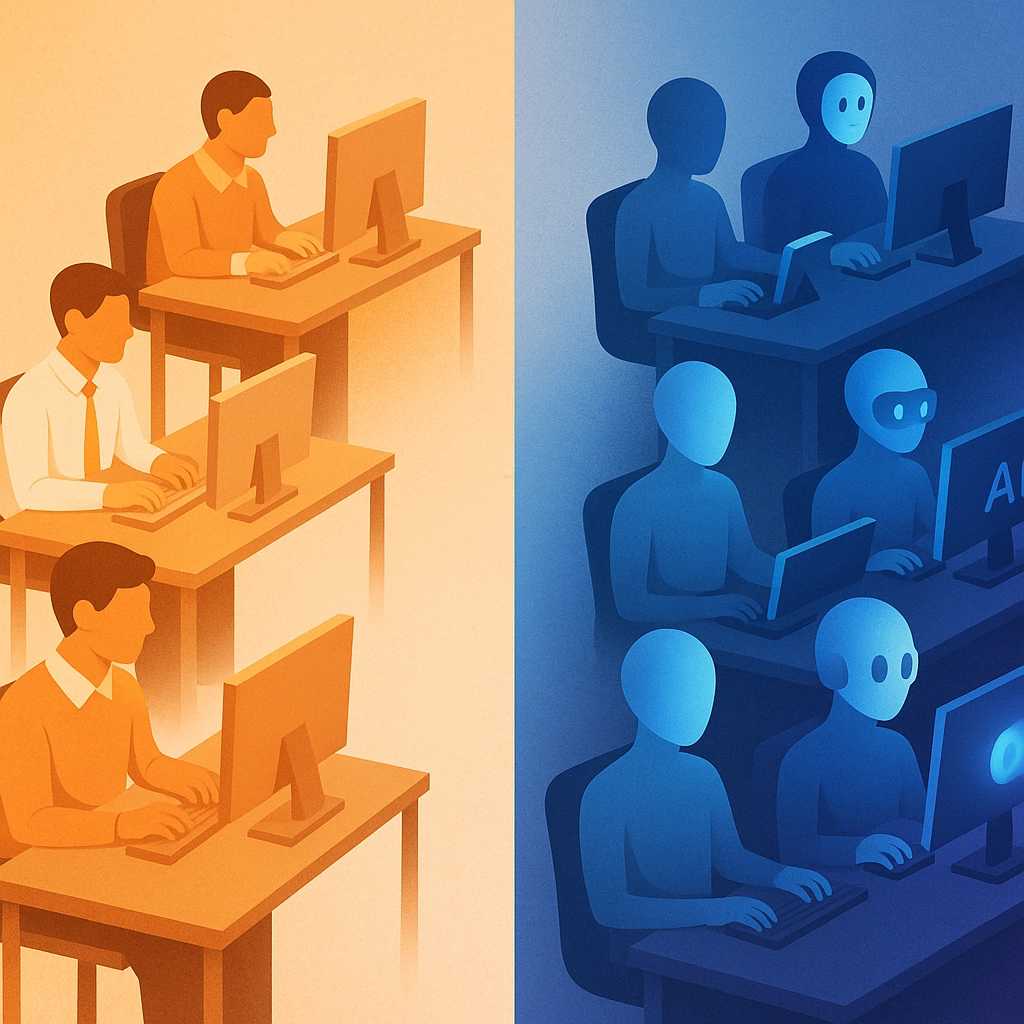
The Real-World Fallout: An All-Too-Relatable Story
Picture this: Jamie, recent college grad, lands a first “big kid” job at a buzzy tech company. Six months in, they’re feeling good—learning the ropes, taking on new projects. Then, a company-wide meeting: “We’re restructuring to focus on efficiency and leverage AI-powered agents.” Suddenly, Jamie’s job—and dozens of others—disappears. A bot can answer support questions faster, file paperwork instantly, and prep reports in seconds.
Trying to find a new role, Jamie faces an uphill battle: companies are posting fewer entry-level jobs, and every opening expects candidates to have experience working with AI—not easily gained in six months of onboarding.
Jamie’s not alone. Studies show employees laid off because their role got automated are staying unemployed twice as long as people let go for other reasons.
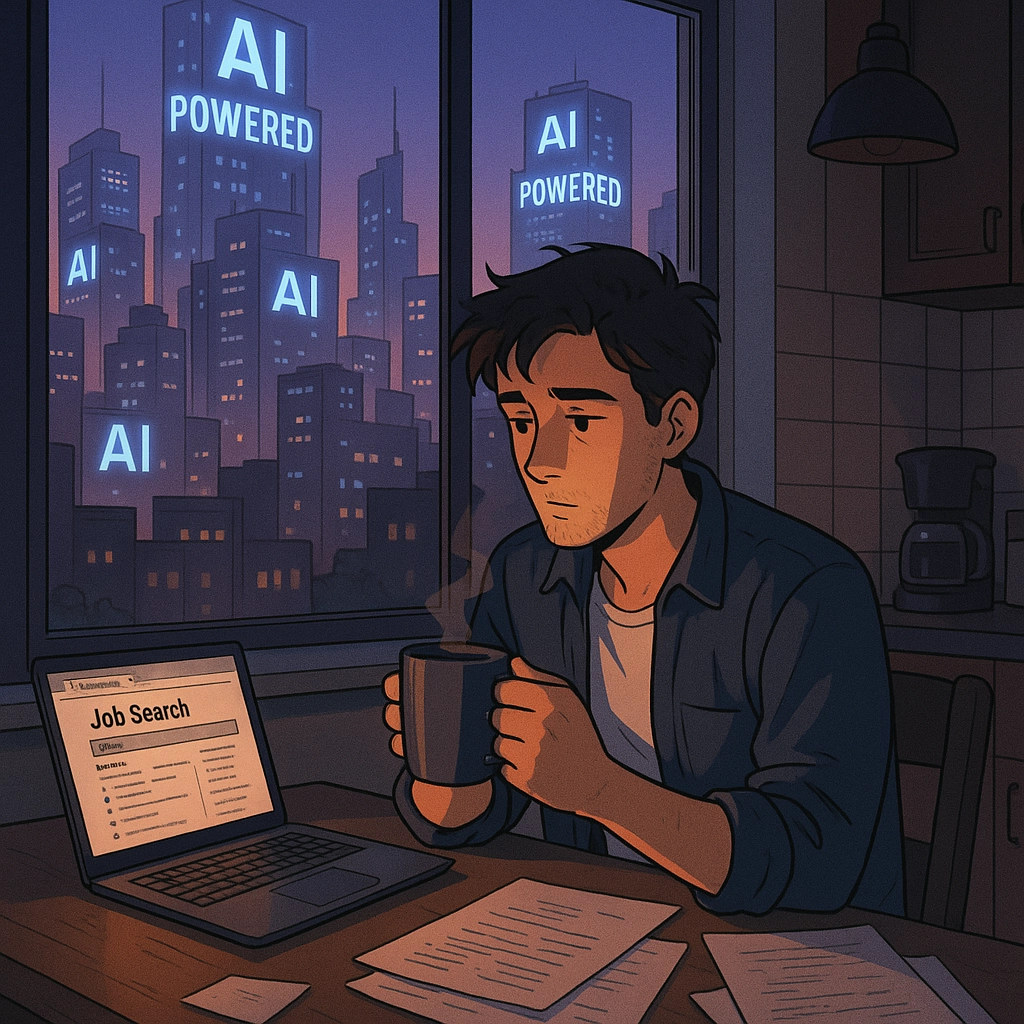
Is Efficiency Just Corporate Cover?
Let’s call it what it is: “Efficiency” is the friendly word. The reality is companies are racing to boost their bottom line, and AI is making that easier by cutting out labor costs. Stock prices go up, shareholders cheer, and executives deliver confident talks about “the future.”
But here’s the tough part: most of those displaced workers aren’t switching fields or leveling up—they’re simply finding fewer doors open.
What are companies actually doing when they say “AI efficiency?”
- Streamlining processes at the cost of job loss
- Replacing onboarding with automation
- Reshaping teams to favor tech-savvy, AI-literate hires
- Celebrating higher profits while shrinking headcount
Sure, some businesses are creating new high-skill jobs, but for most entry-level workers, getting replaced by AI doesn’t mean retraining for a hot new tech role—it means searching longer for work.
The Open Question: What’s Next for Work?
It’s clear the “AI means efficiency” story is a lot more complicated—and a lot harsher—than most press releases admit. The competition for jobs is fiercer, the bar is higher, and “productivity gains” usually mean someone somewhere is getting a pink slip.
So, what do you think—Are companies hiding mass layoffs behind promises of AI-powered progress, or is this just the unavoidable price of innovation? And if this is the new normal, how do we make sure people like Jamie don’t get permanently left behind?
